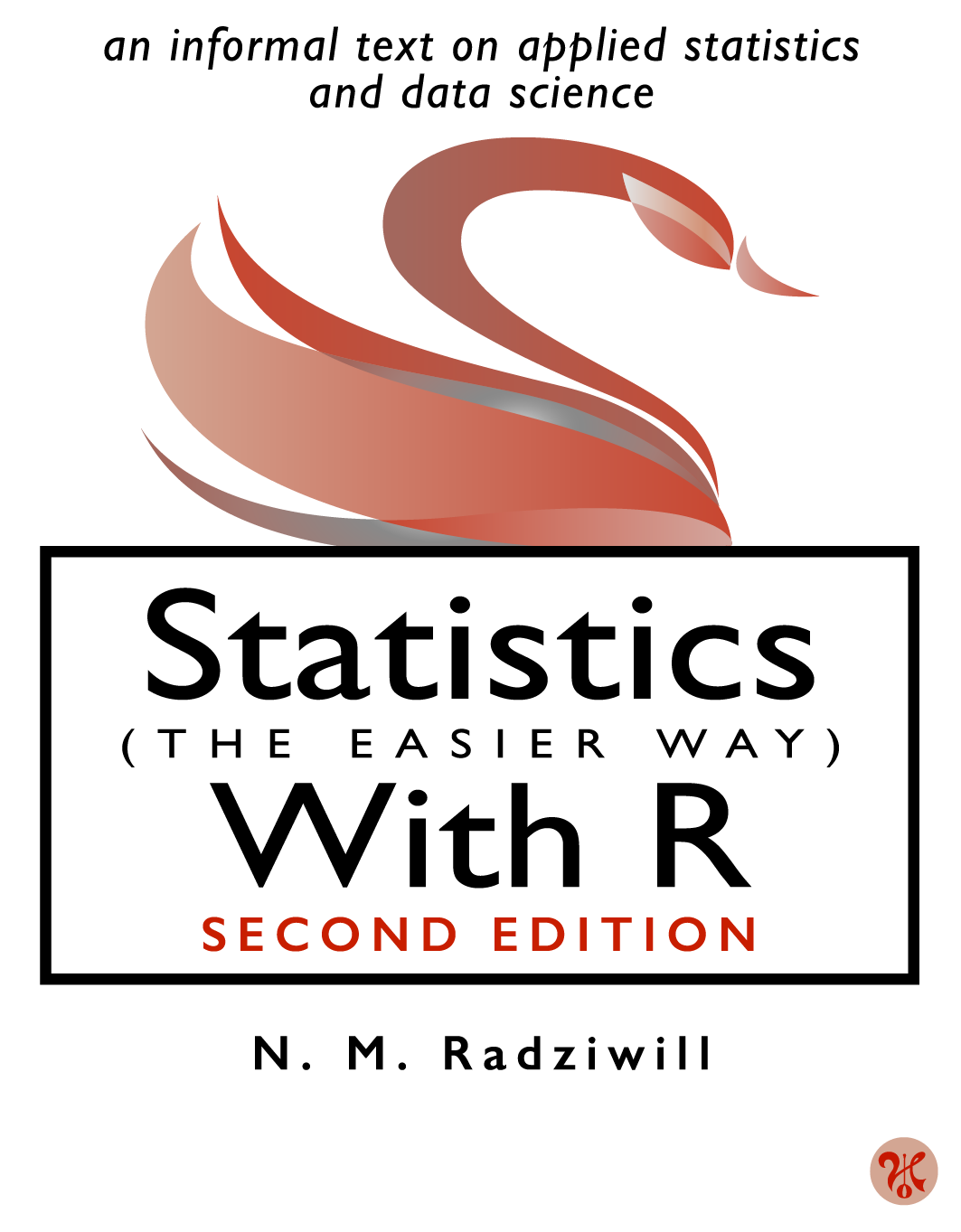 We Care About You
We Care About You
The ethics of care emerged from the feminist movement in the latter half of the 20th century as criticism and counterpoint to perspectives such as deontology and utilitarianism, which emphasize universal standards and impartiality. Instead, the ethics of care focuses on human relationships and eschews a one-size-fits-all brand of moral reasoning. In particular, the ethics of care is very sensitive to power relationships and protection of people who are vulnerable or otherwise disadvantaged. From this perspective “good” can only be defined within a specific context in relation to the impact that a decision has on a person’s ability to pursue their own interests.
And so we get down to it…
The Burning Mind Project is not about abstract principles. We exist to foster safe, open, caring communities for people who want to grow, to learn, and to share their gifts with us so that we may do the same. As our mission says, our goal is to:
operationalize the gift economy in higher education through the systematic application of the Ten Principles
Which, by its very nature, is a very personal thing.
The Burning Mind Project has arisen as a response to the de-personalized, standardized, one-size-fits-all, cookie-cutter, assembly line mentality that is our modern educational system. This is not Brave New World. Our students were not created in a kid factory. Every person whose path brings them into our classrooms started in a different place, has traveled a different distance and in a different direction to get there. They come with different histories, different perspectives, different interests, different strengths. As far as we know, about the only thing we share in common is that we happen to be in the same place at the same time and we are all human beings. From our perspective, the only possible reason that we could all be in the same place at the same time is that we have something to give to each other–something to share.
And so while we’ve rejected deontology as a useful perspective in this case, and while utilitarianism has helped us to clarify the ranking that we’ll use in general to apply the principles, it is through the consideration of the unique context of individual students that we will be guided. Learning doesn’t happen in a vacuum, and we need each other to make it meaningful and effective. The ethics of care does the best of any of the perspectives we’ve examined so far at capturing how we perceive this.
So what was the original question?
We started out this journey into ethics trying to figure out if any of the Ten Principles were more important than any of the others, and if so, how to resolve the conflicts. Our answer to that question is an unequivocal “YES,” and not only that, we now believe that we are narrowing in on our approach to “systematic application.” Our final post in this series on Balancing the Ten Principles will make this a bit more concrete.








